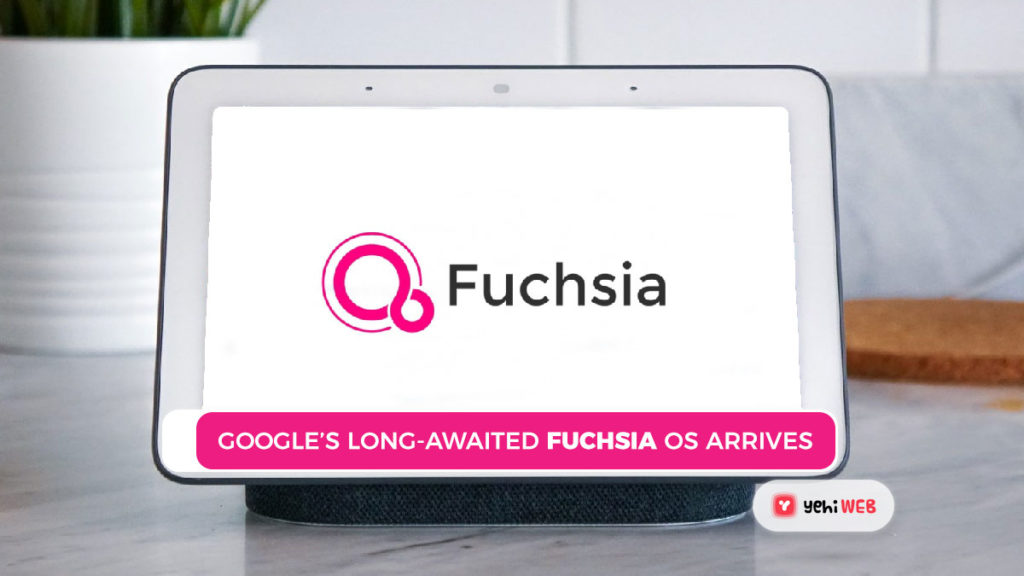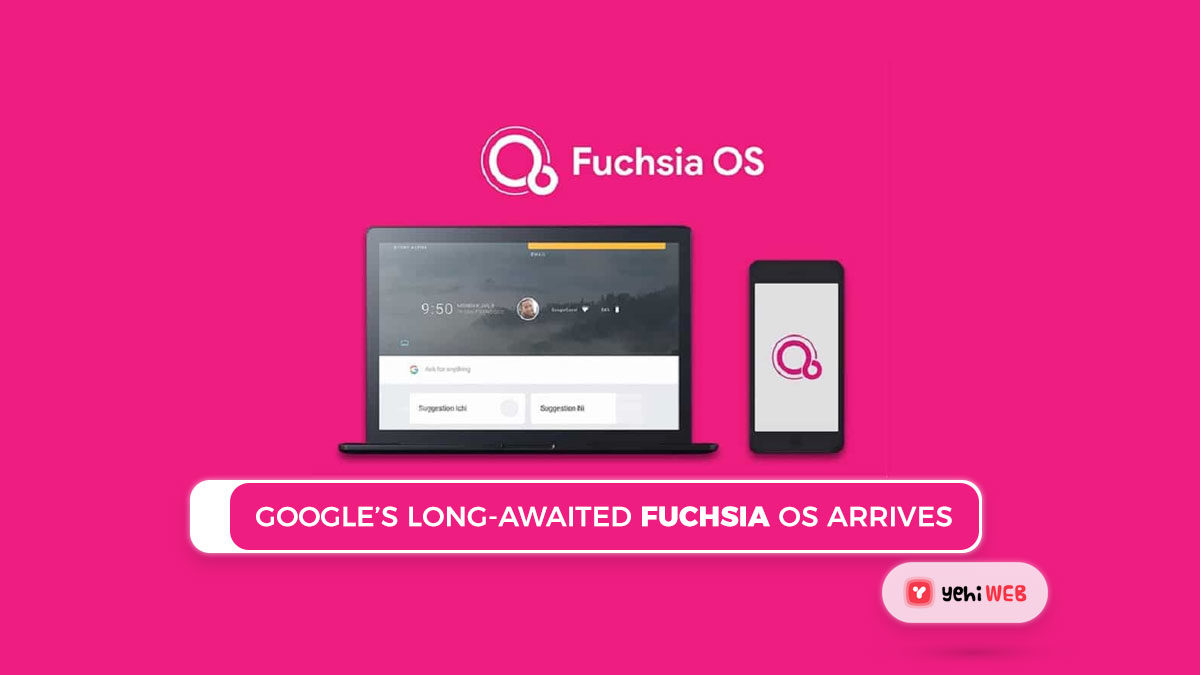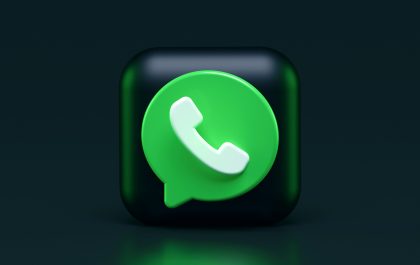According to 9to5Google, Google’s long-awaited Fuchsia OS is starting to silently roll out on its first consumer device, the first-generation Nest Hub. The open-source operating system Fuchsia OS was originally released in 2016, and it is remarkable for not being built on a Linux kernel, instead of employing a microkernel called Zircon. Petr Hosek, a Google technical lead on the Fuchsia OS project, tweeted, “You don’t release a new operating system every day, but today is that day.”
While the Nest Hub (which was formerly known as the Google Home Hub before being rebranded) will be commercially available, the entire distribution process will take many months. It will first be available to users in the Preview Program before being made available to the general public. The operating system has been tested on the Nest Hub for some time, and more evidence for a release surfaced earlier this month courtesy of a Bluetooth SIG entry that revealed the Nest Hub running Fuchsia 1.0.
You don't ship a new operating system every day, but today is that day.
— Petr Hosek (@petrh) May 25, 2021
Despite the fact that the Nest Hub’s existing Cast OS will be replaced with Fuchsia OS, 9to5Google reports that the experience will be almost same, and that most users would not notice the difference.
Fuchsia OS

All of this begs the issue of what Fuchsia OS is supposed to accomplish. It’s a “production-grade operating system that is safe, updatable, inclusive, and pragmatic,” according to Google. We know that Fuchsia might ultimately power laptops and smartphones (Google was observed testing it on the Pixelbook in 2018, and it recently presented a solution for how it might run Android and Linux apps), but it’s not designed to be a substitute for Android or Chrome OS.
“Fuchsia is about merely advancing the state of the art in terms of operating systems, and things that we learn from Fuchsia we can transfer into other products.”
Google’s smart display isn’t expected to be the final gadget or form factor to get a Fuchsia OS upgrade. However, the full effects of the transition may take some time to surface.
Saad Shafqat
Related posts
New Articles
What is the difference between FMWhatsApp and GBWhatsApp?
In the world of messaging apps, WhatsApp reigns supreme as one of the most popular platforms for connecting with friends…


